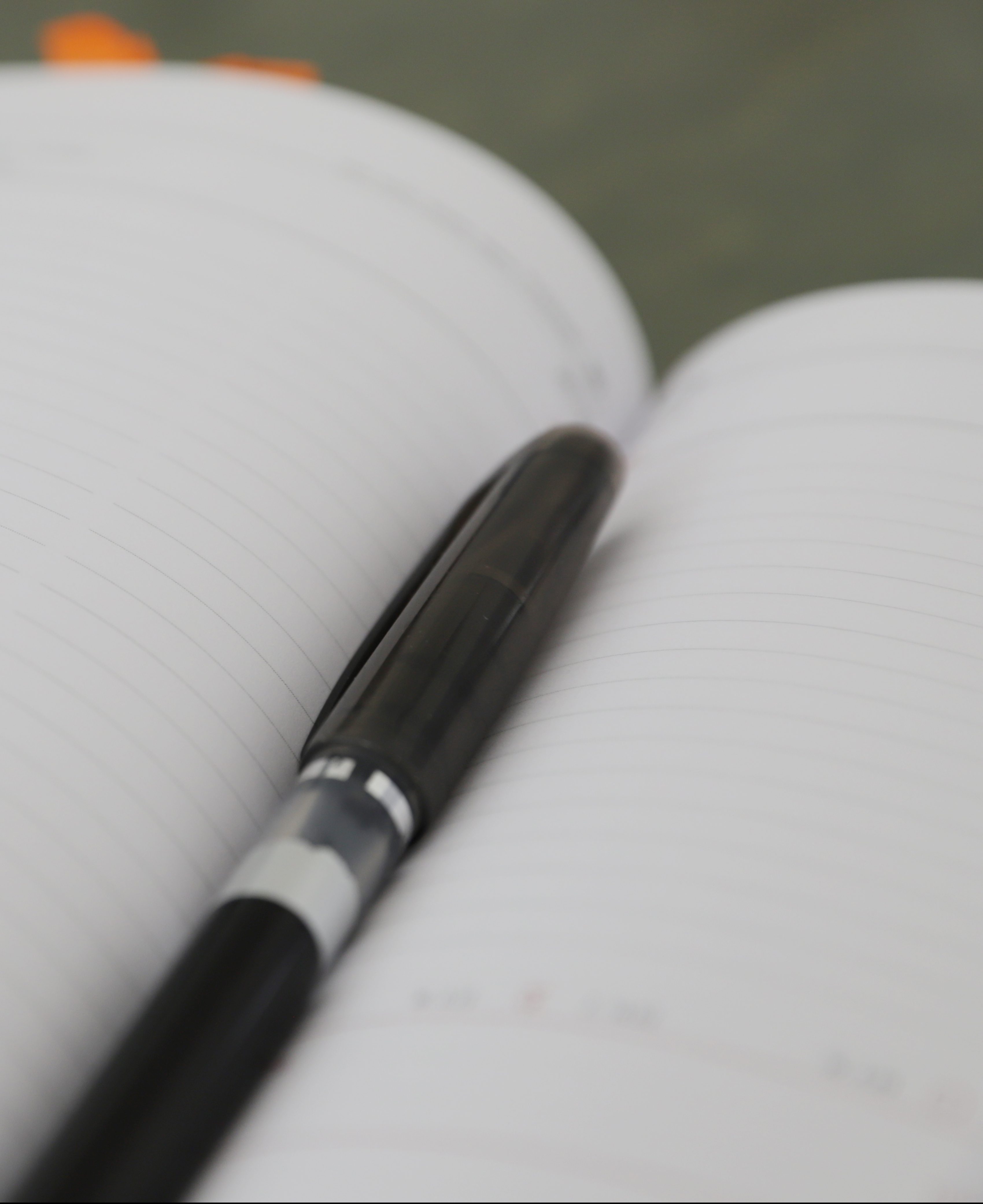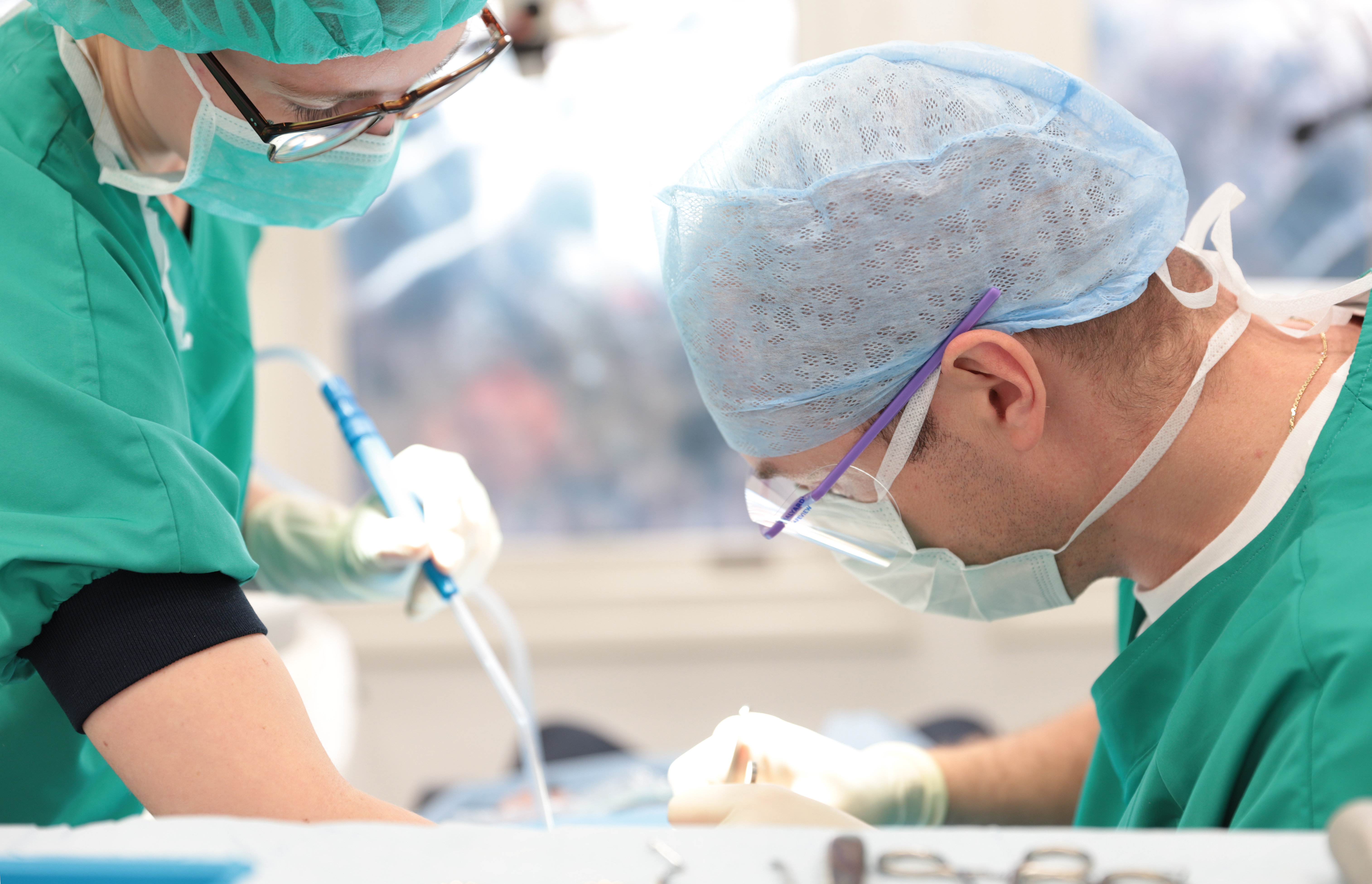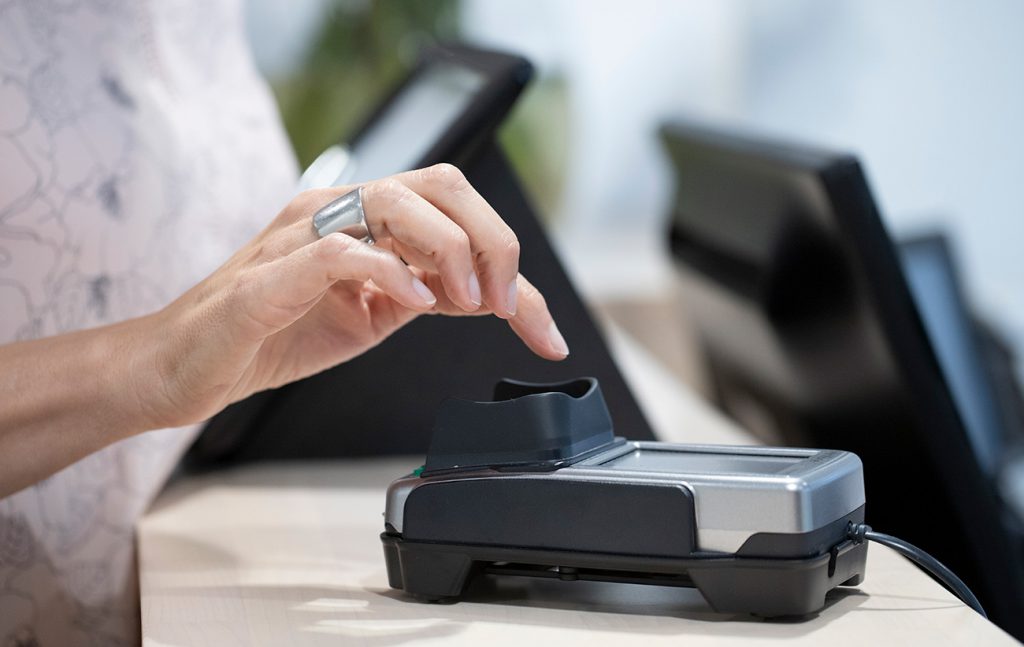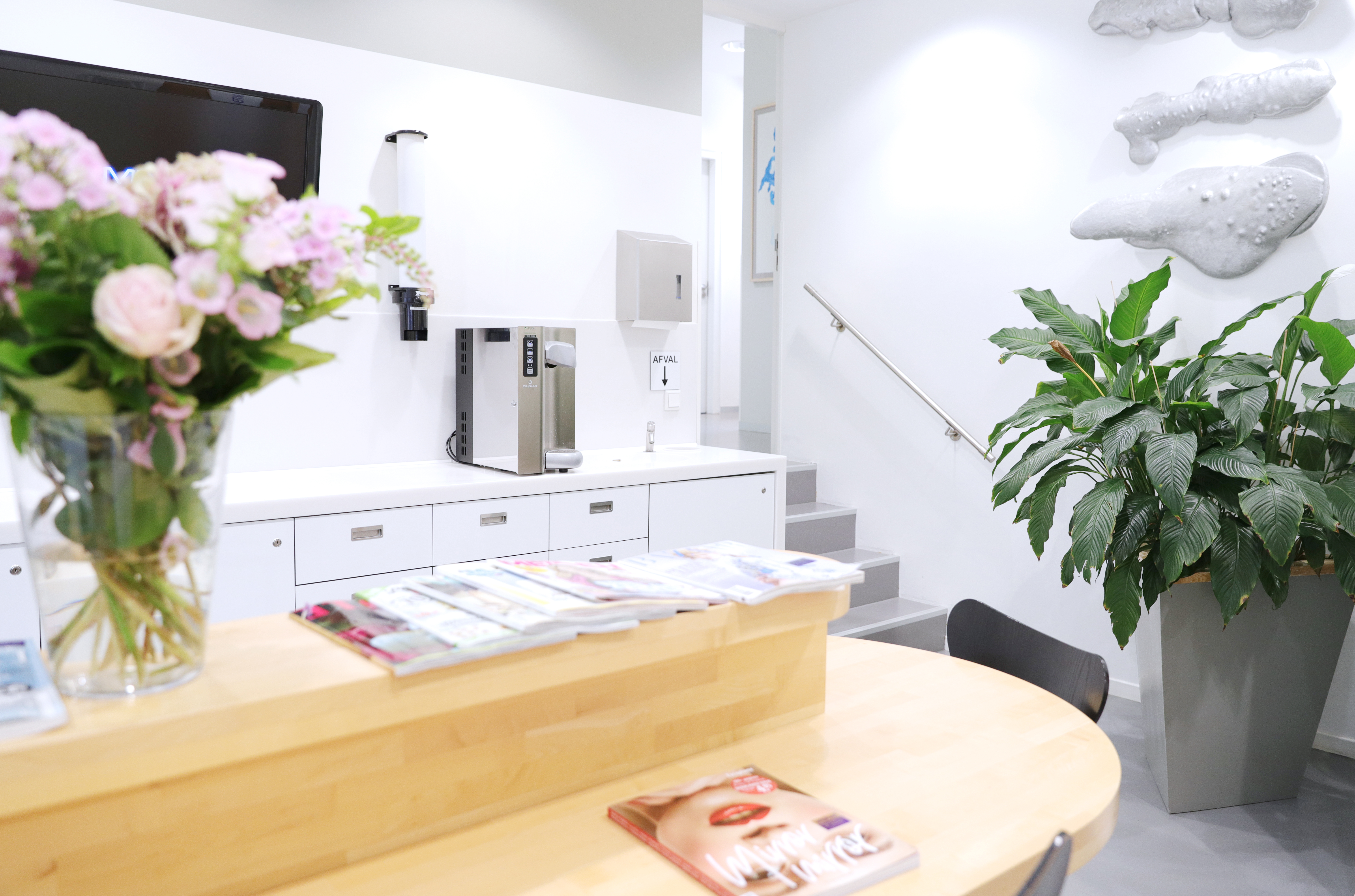1. Referral letter
With a referral letter, not older than one year, you are eligible for reimbursement by your health insurer in case of treatments that are covered by your basic health insurance (for example consultation, removal of a tooth, treatment of a root end).
If the treatment is not covered by your insurance (for example dental surgery and some implants) you will have to pay for the treatment yourself. Without a referral letter you will not be eligible for reimbursement by your health insurer in any case.
Kindly send a copy of your referral letter to us in advance by e-mailing it to secretariaat@tandzorgchirurgie.nl. Do not forget to hand us the original referral letter during your first visit.

2. Appointment
Make sure you have the following information ready when scheduling an appointment or include this as an attachment in your mail:
- The referral letter, not older than 1 year
- Your name, address and date of birth
- Your insurance card
- A valid proof of identity (identity card, passport, driving license, Dutch aliens document)
- If applicable; the medication overview of the pharmacy
- Important! Notify us in case of using blood thinners or medication for bone loss.
Are you anxious? Ask us about the possibilities to reduce your fears.
E-mail address secretariaat@tandzorgchirurgie.nl
Telephone number 010-7600757
3. Your first appointment
YOUR FIRST APPOINTMENT
We will need:
• A valid identification and insurance certificate
If applicable:
• The referral letter
• A medication overview from your pharmacy
Upon arrival, you will receive a health questionnaire that you may complete in the waiting room including an informed consent form. You can complete the consent form after your questions have been answered by the dental surgeon. The assistant will guide you to the treatment room. The dental surgeon will discuss the reason for your visit, do an examination and inform you of the treatment plan. Then the surgeon will proceed with the actual treatment if treatment is scheduled in the same visit.

4. Treatment
You will be welcomed by the dental surgeon and one or two assistants. The treatment will be explained and your questions will be answered. Then you will receive the same kind of local anaesthetic as used by your dentist. You may however experience some vibration or pressure during the treatment. Next, you will be covered with a sterile cloth that leaves your face uncovered. During the treatment the assistant will keep you informed about the course of the treatment. Afterwards you will receive an update of the result, a prescription for medication if necessary, an after care leaflet and if needed a follow-up appointment.
5. After care
Anaesthesia
The local anaesthetic wears off after two to three hours and you might feel pain. This is easy to repress with the painkillers prescribed by your surgeon. It is best to start with the painkillers before the anaesthesia has fully worn off. Pay close attention to the prescribed dosage and do not exceed. The leaflet informs you of the maximum dosage per day. We advise you not to perform strenuous physical activity during the first few days, as this may increase pain.
Gauze on the wound
If you have a gauze applied to the wound, you can remove it after 30 minutes.
Oral hygiene
For the first 24 hours the following applies: do not rinse. Rinsing will cause the clot that forms in the wound to loosen and bleed again. You should brush your teeth, but pay attention to the area around the wound. After day one you can rinse your mouth several times a day using lukewarm salt water (one teaspoon of salt in half a litre of water). You can also use chlorhexidine 0.2% mouthwash if prescribed.
Food and drink
The first 24 hours after the surgery you should not rinse or spit vigorously, but you should drink. If the anaesthetic has not yet been fully worn off, it is difficult to swallow and there is a risk of burning when drinking hot drinks. That is why you are only allowed to drink and eat hot drinks after the anaesthesia has worn off. Preferably lukewarm foods and drinks.We recommend eating soft food for the first 3 to 5 days after the procedure.
Smoking and alcohol
As long as you have a wound, it is advisable not to smoke. This might delay the healing process. The use of alcohol increases the chance of bleeding.
Swelling
Your cheek or lip may swell as a result of the surgery. This is a normal result of the procedure. You can reduce this swelling by cooling your cheek with an “icepack” (a type of gel in a plastic bag) or a plastic bag filled with ice cubes with a washcloth around it. This is effective when used within two hours after the treatment. The swelling is strongest after three to four days. From that moment the swelling decreases and will eventually disappear completely. Sometimes a blood shed occurs. The cheek will then remain thick and discolour for a longer time, this is not something to worry about and you do not need to contact the surgeon.
Stitches
If the wound is sutured, in most cases the dental surgeon will use dissolvable stitches, that will dissolve within 14 days. In other cases the dental surgeon will inform you about the follow-up procedure.

6. Cost
Insured care
Almost all insurers will reimburse the treatments that are covered by the basic health insurance, such as pulling a tooth, treating a root end or implants used for a complete denture. Take into account your deductible. For more information see the reimbursement page. Ask your insurer about the exact reimbursement for your treatment.
Non-insured care
A number of treatments are not covered by the basic health insurance and you must pay for these yourself, such as implants to replace a tooth and periodontal surgery. Take into account your deductible and own contribution. Ask for an estimate so that you are not confronted with unexpected costs. After the treatment you will receive a specified bill payable by pin or cash.

